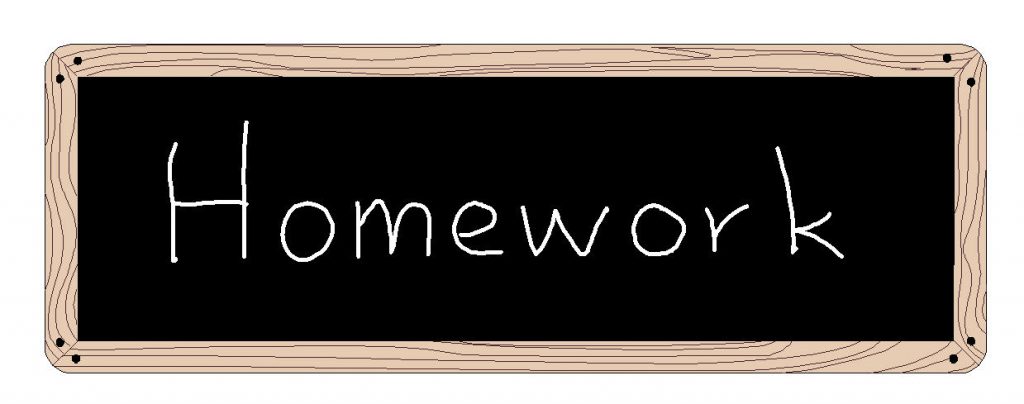
The holidays are coming. Instead of joy you feel sad, worried, angry, or a mix of those. You might not even feel anything at all. It makes sense!
Here we are, months into a pandemic and we are still learning what the new normal is for us all. The new normal shifts every few weeks. I have spoken with families from all walks of life and three things are common to them all. They want this to end, they are suffering, and they want a taste of normalcy.
We are all hurting and the reasons may be different for all of us. Some have lost stability, others have lost community, all of us have lost whatever normalcy was a year ago. We are all experiencing a sense of grief over the normalcy we’ve lost, and we are all in various stages of grief. Other events that cause grief have a socially acceptable way of responding. We may attend a funeral if someone passes, call a best friend and eat ice cream while talking junk about an ex, or talk to someone about the pet we’ve lost. Most forms of coping with grief involve community and connecting with others. The grief we face this year is that we can’t connect with others in the ways we used to. This grief may be the hardest for some during the holidays when we would typically gather with family and friends.
Holidays typically come along with their own traditions. These traditions are solidified and gain value by repeating them with others. This year, we may lack the others. In the coming weeks and months, we will all be facing Thanksgiving and other winter holidays in a new way. Alone, without the same sense of community we are accustomed to. Even writing it seems foreign to me. The impacts will be felt due to local mandates, doctors’ recommendations, your own decisions, or the choices of family and/or friends. If in reading this you feel your pulse quickening, heart sinking, a pit in your stomach, or wanting to step away from your screen, you are not alone. The thought is a tough one.
Typically, during winter gatherings, we set aside our differences about politics and football teams and look forward to coming together to eat some traditional food and enjoy our long-established traditions. This year we might not. If we are gathering, it may be with new expectations, or without some of the folks we love, perhaps even the folks that helped us create these traditions.
In years past, in awkward family gatherings, we could stuff our faces with pie, enjoy watching a parade, and make small talk to get through a tough situation at a family function. This year, we may not. The community that is part of our traditional experience will be altered. Not having what is near and dear to us leads to some level of grief. This is normal and expected. We can begin to move on and heal in doing what we know to do in a situation. Just like the ice cream after a breakup, the friend who calls you to insult your favorite team’s loss, the funeral after the passing of a loved one. If left with nothing but the void of what is missing, we will feel our sadness more intensely. This year, we are left with a question: what do we do when we can’t rely on the usual community of holidays? How do you grieve when you can’t access traditional supports? Well, this year is not a traditional year. There are no traditional answers. There are many questions and non-traditional answers. Here are some of the answers we found within our own 3-C family. If you have others, please send them along to info@3cfs.com. I will add them to the blog in a few weeks so others may benefit, as well.
“For Thanksgiving, I will be staying at home with my family of four, and the kids’ grandparents are coming over. They have restricted themselves, and for all intents and purposes we live in the same household, yet we sleep in separate homes. We will cook together and started baking treats a week before the holiday. After the scaled-down dinner, we will be host a socially distanced outdoor gingerbread house competition with the other family members. I am hoping for some nice warm and dry days. Our winter holidays are not complete without supporting local families in need. This year, rather than tackling the mall in the holiday season with family members from other households, we will do our shopping virtually. We will send the gifts to the organizing group per their own requirements. We’ve never Zoom-shopped electronically, and yet this year we will hopefully give it a go.” – Melanie McCabe, PhD
“Thanksgiving: Staying home with immediate family only. Will have a dinner and decorate oversized pinecones as turkeys. Christmas: Staying home with immediate family. My parents live with us during the winter months and will likely stay through Christmas (fingers crossed!!). We will have Christmas Eve dinner, Christmas Day brunch, open presents, and make a birthday cake for Jesus!” – Meagan Knowles, PhD
“Thanksgiving: Dave and I will be staying home and cooking all of our favorite sides since I can’t have Turkey. I am sure we will walk our dogs, go visit my horse, and start decorating for Christmas. We will talk with all of Dave’s family back in Kansas via telephone and watch a lot of football.” – Kat North, MS
“My husband and I are staying home for the holidays. We have generated a special menu with all of our favorite Thanksgiving dishes, including several types of mashed potatoes. We will be participating in scheduled virtual gatherings with all of our family members. Technically, this will be the first holiday that we celebrate with both of our families, as our families live across the US and in Europe, and we typically have to make difficult decisions about where we go each year.” – Other
“Spending the week with two friends at a mountain home in VA. On Thanksgiving: early AM hike on the Appalachian Trail, church service at 10, making lasagna for dinner. Lots of relaxing and NO TV!” – Lori Schweickert, MD
“My plans are to stay home with my significant other, cook good food together, watch movies, play games, and Zoom with our families.” – Katherine Bracken, PhD







